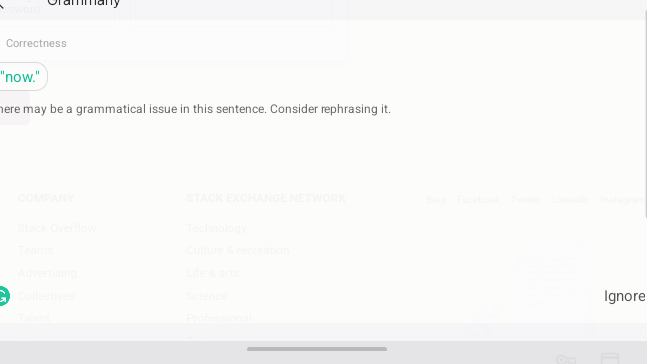The question I'm asking is why people put a "." (full stop) inside "" quote marks, why is this grammatically correct/right for English?
From my computer coding knowledge, I think the quoted text - coding: (literal) string sequence of characters - is a different phrase to the sentence outside of it and that sentence it's in needs to be closed with a full stop, not the quote. People don't say things ending with "." - "Hello.".
I don't understand why punctuation and grammar correction in virtual keyboards on mobile devices (phone, tablet, some laptops) wants to use this... why is this grammatically correct/right for writing with English?

